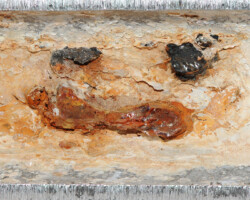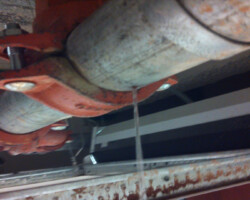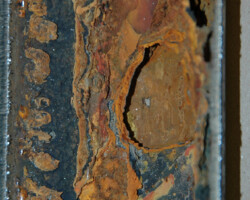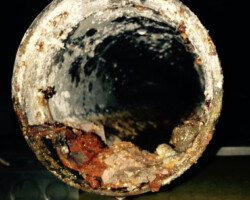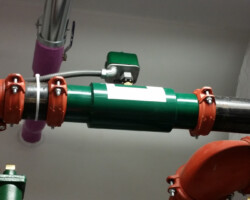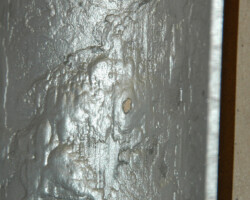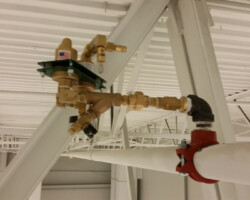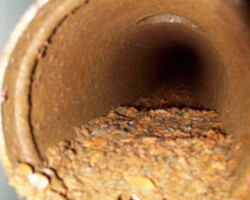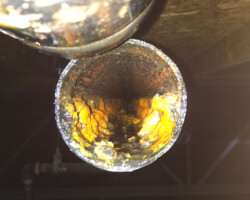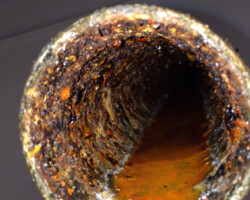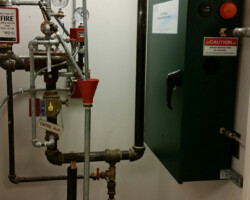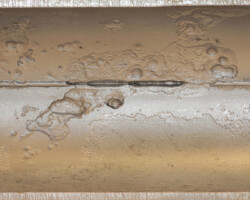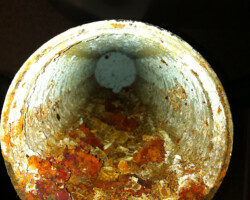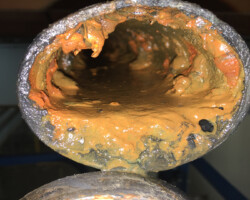Seattle, WA Fire Sprinkler System Testing Code + Requirements
Fire sprinklers can control fire and keep it small while protecting occupants from harm and saving your property. Your property’s automatic fire sprinkler system is the first line of defense when a fire breaks out.
Fire sprinklers can control fire and keep it small or extinguish it while protecting occupants from harm and saving your property. Residential fire sprinkler systems could be designed to NFPA 13, 13R, or 13D criteria, depending on the respective requirements of your Authority Having Jurisdiction. Not every commercial occupancy is designed or installed the same way either. The way a system is designed and installed initially can significantly increase or reduce your maintenance costs over the life of the building and systems. By using Columbia Fire, you can be assured that your system is designed and reviewed by certified and licensed professionals, and in accordance with the respective NFPA standards and local code requirements.
We work with all jurisdictions across western Washington and are familiar with their specific requirements for permitting, testing, inspections and third-party testing and forms compliance. Some of the city’s adopted platforms we integrate our reporting to include, but are not limited to: The Compliance Engine/Brycer, Tegris Fire, Cognito Forms (Silverdale), XC2Live (Seattle Public Utilities), Swift (Bellevue, Redmond, Tacoma), TokayTest (Issaquah, Skagit PUD, Mercer Island), and others. Almost every city has its own backflow assembly test reporting requirements and platform. We pride ourselves on familiarity with those software platforms to make our customer experience better and keep your facility current with your Authority Having Jurisdiction (AHJ). We also work with many hospitals and are familiar with the requirements of The Joint Commission and their preferred reporting formats, and other insurance providers and accrediting agencies.
We have industry experts on our team who are on the technical committees that formulate the NFPA standards as well as local code councils. We regularly attend conferences and continuing education courses to ensure our team is aware of the codes and standards affecting your businesses and occupancies and how to best address your fire hazards.
When To Perform Fire Sprinkler Maintenance & Testing
Fire sprinkler system inspections, testing, and maintenance schedules
When you follow the required fire sprinkler system inspections, testing, and maintenance schedules set by the National Fire Protection Association (NFPA) and your local Authorities Having Jurisdiction (AHJ), you that ensure your system operates as it was designed to minimize the risk of damage and loss of life should there ever be a fire. In addition to regular inspections, fire sprinkler system maintenance and testing are also vital. A test is a more involved physical check to make sure the fire sprinkler system not only looks like it’s functioning but actually works as it should be. Routine maintenance and repair are critical to keeping your fire sprinklers in good working condition.
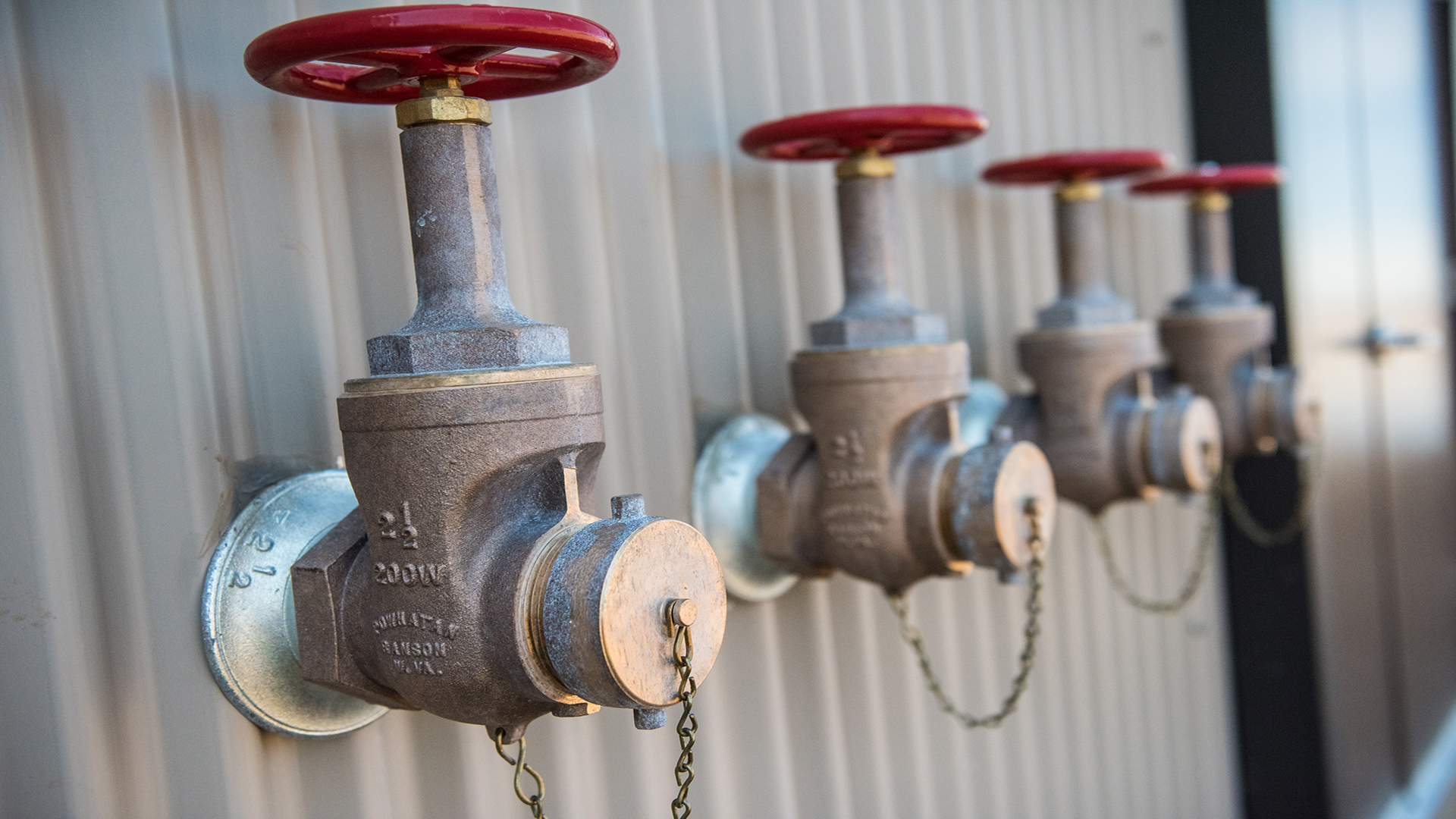
Having reliable fire protection service is of the utmost importance
You can count on the contractors at Columbia Fire to inspect all sprinkler components, test them as required per code, and install new fire sprinklers.
Columbia Fire understands the importance of reliable fire sprinklers. That’s why we perform thorough fire sprinkler installation, fire sprinkler system inspection, and confidence testing.
